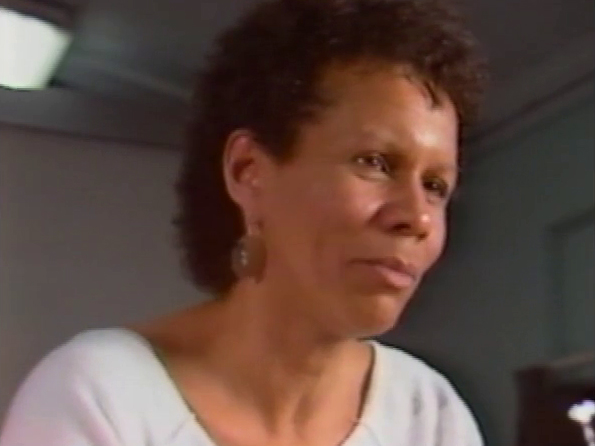
In order to get at how I think about making a movie at a low budget, I have to be able to give you the theory, the narrative theory, that supports my reasons for making movies. If any of you have seen my work, you know I’m only interested in telling stories, and most of those stories are fairly contemporary. And to some degree they are ahistorical, meaning, though I think that is going to change, that the focus of the work is entirely narrative in orientation.